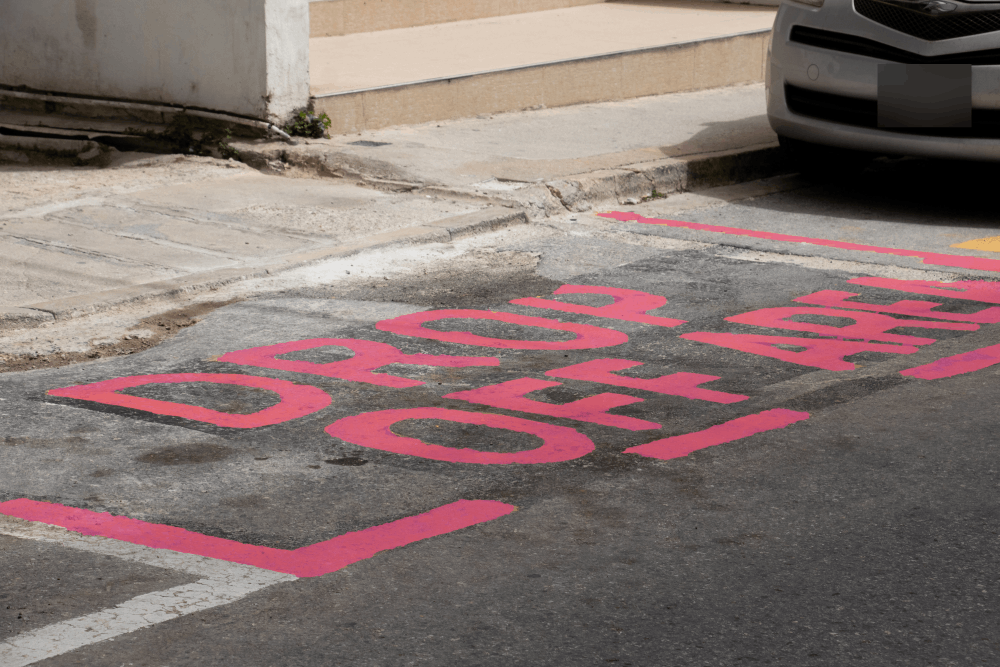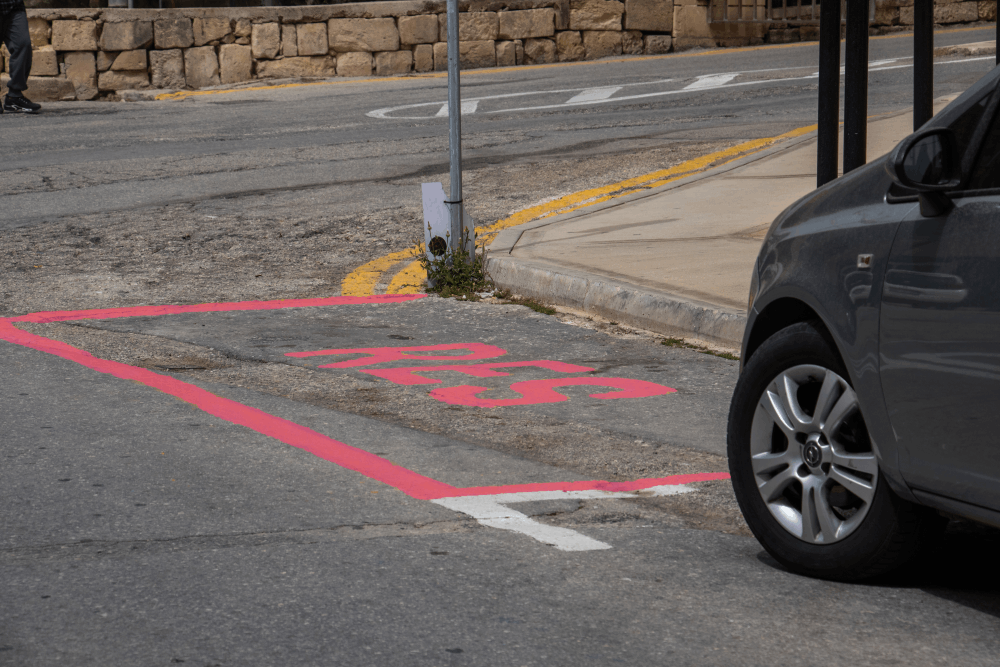Scores of consultants have failed to provide an adequate solution to Malta’s parking woes. Through his superior intellect, Malta’s resident disembodied brain, Prof. Ing. Dr Brian Cortex, has come up with an elegant solution.
Anyone who has dared to drive in Malta is no stranger to its traffic-congested roads and the challenge of parking anywhere remotely near their destination. Possibly one of the most unnerving causes of traffic is the pastizzi-hungry drivers who abandon their vehicles in precarious places with their hazard lights on. Now, talk of e-scooters and a Maltese Monorail have taken up the majority of present discussions, masking the real problem this island faces – not enough parking.
‘I never really noticed the parking problem before. Being a floating brain, I do not need cars or buses. But, after my deliveries were regularly delayed, I realised it is more than just an issue of perception,’ explains Prof. Ing. Dr Brian Cortex, senior UM lecturer and committee member on the Board of Vehicular Policies. Cortex returned to the root of the problem, starting by reviewing the number of yellow boxes and double-yellow lined areas around our towns. ‘Some of the yellow boxes are in rather dangerous areas or along main roads, so it made sense to use more expendable first-year students for that role,’ adjusting his glasses with his tentacular nerve-endings. With his team, key locations around Malta and Gozo were surveyed to determine how many of these spaces may be reclaimed for public use. Some have already been marked for conversion to white boxes in the Northern harbour and Central localities of Malta, immediately improving parking conditions in these areas. However, Cortex noted that many yellow boxes in front of garages or un/loading bays could not be changed to white, pushing him to devise a viable long-term solution – temporary parking boxes.


In December 2023, a questionnaire in collaboration with Infrastructure Malta was sent to a select number of shop and garage owners to see whether they would be interested in allowing drivers to use their yellow boxes during specific times of the day. Cortex proposed that each garage/shop owner would have the flexibility to pick the hours offered for public use, provided that a minimum of two 4-hour temporary parking timeslots are chosen. These temporary parking bays will be assigned a pink colour to clearly distinguish them from other spaces, and a sign with the parking times shall be clearly indicated by the owner. Moreover, once discussions with the Minister are finalised, owners will be entitled to receive a tax reclaim at an amount relative to the hours allotted to the general public. ‘I realised I could monetise my unused garage to fund my other research projects. Unless you’re part of the Eurovision, it’s really hard to get funding sometimes,’ Cortex laments.
The results of this questionnaire indicated an astonishing 72% of garage owners and 64% of shop owners were interested in this scheme. With this positive feedback, the Minister has proposed a trial of this scheme, which shall run throughout the month of April in the Msida region to tackle growing parking difficulties around the Tal-Qroqq and Junior College areas. On 1st April, all those from the Msida region interested and eligible to join this scheme are welcome to contact the editor, who will happily put them in touch with Prof. Ing. Dr Brian Cortex and his team for further information.
Send an email to learn how you might benefit from this scheme: think@um.edu.mt
Please note that this article was published on the 1st of April and is intended to be an April Fool’s article. Please exercise scepticism when an article does not present references or support its claims. For more tips on how to avoid misinformation, kindly refer to our follow-up article here.






Comments are closed for this article!